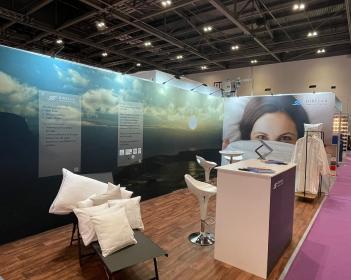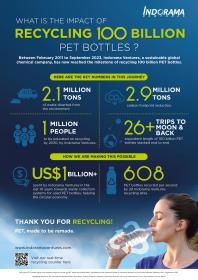University of Manchester academics criticising UK government
Sustainable fashion and sportswear must be high on the political agenda:
Three University of Manchester academics who specialise in fashion and textiles have criticised the Government for failing to take action to boost sustainability in the UK fashion and sportswear industries.
In an article published by the University’s policy engagement unit Policy@Manchester to coincide with the 20th annual Recycle Week, Lindsay Pressdee, Dr Amy Benstead and Dr Jo Conlon highlight that, of the one million tonnes of textiles disposed of every year in this country, 300,000 tonnes end up in landfill or incineration with figures suggesting 10 per cent of global CO2 emissions may come from the fashion industry.
And they warn that the damage inflicted by discarded sportswear is often overlooked, “despite an over-reliance on polyester garments, which are harmful to the environment as the fabric releases microfibres and takes hundreds of years to fully biodegrade.”
Pressdee, Benstead and Conlon stress the importance of establishing “sustainable behaviour throughout the supply chain” and praise the European Commission for proposing an “extended producer responsibility (EPR)” for textiles in the EU which “aims to create appropriate incentives to encourage producers to design products that have a reduced environmental impact at the end of their life.”
This contrasts with the UK where, they argue, “tackling sustainability in the fashion industry has lost its place on the political agenda.”
"We are calling on the Government to reintroduce textiles as part of the school curriculum to engage young people in sustainable materials and equip them with the basic skills required to repair clothes.”
Lindsay Pressdee, Dr Amy Benstead and Dr Jo Conlon
The University of Manchester academics contend that there has been “disappointing lack of progress from the UK Government” following the House of Commons Environmental Audit Committee’s Fixing Fashion report in 2019.
They continue: “This report included a call for the use of EPR as well as other important recommendations such as a ban on incinerating or landfilling unsold stock that can be reused or recycled and a tax system that shifts the balance of incentives in favour of reuse, repair and recycling to support responsible companies. We urge the Government to think again and drive forward the Committee’s recommendations in order to put sustainable fashion back on the political agenda.”
Pressdee, Benstead and Conlon also criticise Ministers for abolishing the standalone GCSE in textiles which provided many young people with the ability to mend clothing such as football kits instead of throwing them away.
They write: “We are therefore calling on the Government to reintroduce textiles as part of the school curriculum to engage young people in sustainable materials and equip them with the basic skills required to repair clothes.”
The University of Manchester has launched a new project dedicated to tackling the impact of textile waste in the football industry through the provision of workshops tasked with transforming surplus football shirts into unique reusable tote bags, whilst educating local communities on the environmental impacts of textile waste and how to extend the life of garments. The initiative aims to provide a fun, responsible way to keep kits in circulation while shining a light on the problem.
University of Manchester

































